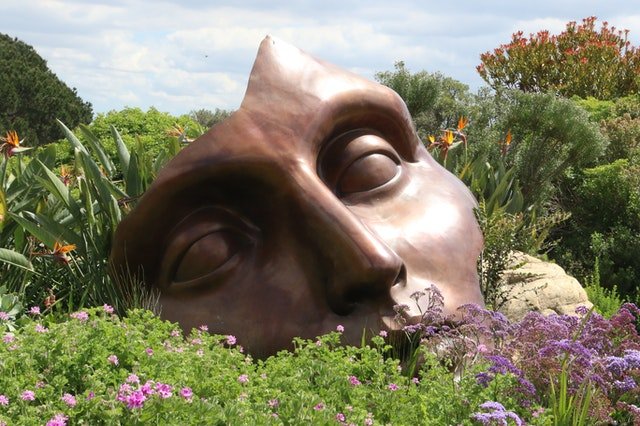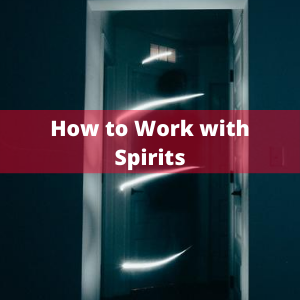Image courtesy of pexels
I've been thinking about the question, "What makes a spirit, a spirit?"
I'm currently writing Walking with Nature Spirits, and in the writing of this book I've been thinking about this question because of how I approach the work with nature spirits, but also because of the stereotypical imagery associated with nature spirits, which usually has them set up with imagery of gnomes, undines, slyphs, etc., basically humancentric shapes and appearances. The benefit of the humancentric shapes is that it makes easy for us to identify with those spirits. The downside however is that we all too often get stuck filtering our experience of a given spirit on the basis of the human oriented shape we associate with it. This isn't limited to nature or elemental spirits either.
We see this same tendency to humanize the appearance and experience of spirits with Daemonic spirits, angelic spirits, and any other type of spirit out there. This tendency brings with it a kind of entitlement as well: Namely the entitlement that the spirits are really here to serve or work for us. It's a naïve belief that isn't fully accurate and can create potential problems when we adhere too strongly to notions of what we think spirits are or are not.
One of my main purposes for writing the Walking with Spirits series is to present an alternate perspective to spirit work that is rooted in building a collaborative relationship with the spirits, but also recognizes that to experience the spirits we must be willing to experience them on their terms as much as possible.
What does that look like?

